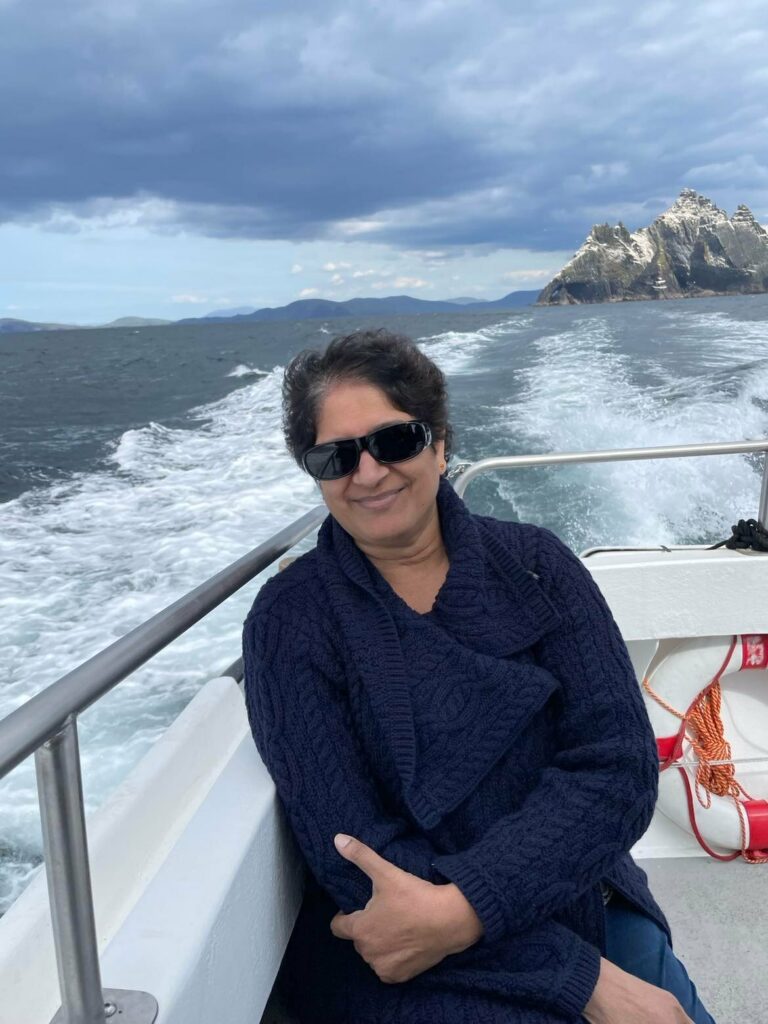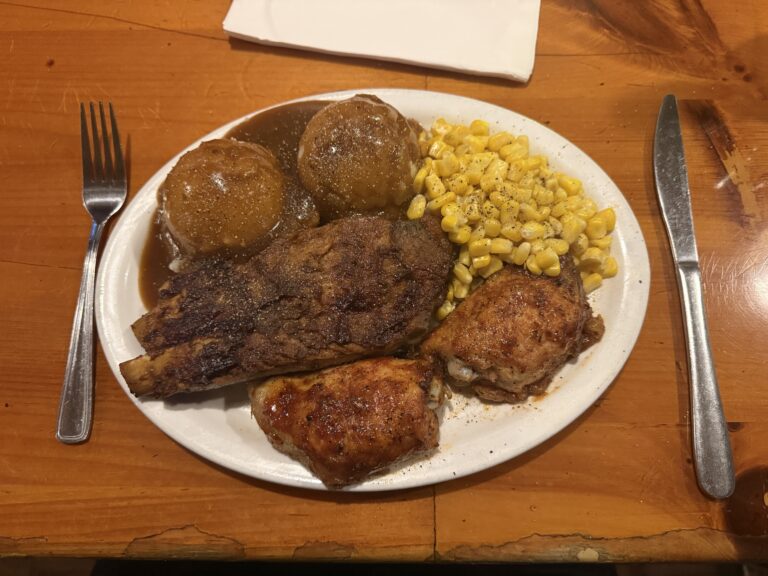
1-What inspired you to pursue a career in medicine and what were some of the biggest challenges you faced along the way?
I grew up in India. I remember thinking I wanted to be a surgeon, while I was in high school. However, despite being a very good student, with good grades, I did not feel I would ever be able to do it. At the same time, there were very few career options in those days. If you were a good student, you tried to go into medicine, engineering, agriculture, or law. So, I just followed along with what everybody else expected of me. In fact, I got into the agriculture college, before I got into medicine. In medical school, I may have been perhaps the only student in my class who had no mentor in the form of a family member or an older friend to show me the ropes. I went in, not knowing what to expect. It was very hard work, but I was always a good student, so I did well in medical school. I also had a very supportive family, which helped, when I was working all those long hours. The biggest challenge was leaving my family, to go to Britain. The system in Britain was not really very helpful for a woman surgeon, trying to make her way through. That, combined with the loneliness, and the worry made for some of the worst years of my life.
2-How do you balance the demands of a medical career with your personal life and responsibilities?
Sadly, I did not have any good role models, when it comes to this balancing act! So, I blundered my way through. Luckily, my husband has been a great support, all along. He was willing to stay home for a few years, when my kids were little. During that time, he went back to school, became an accountant, and was later able to get a job that he really liked. My work as a surgeon was really very demanding, timewise. It was also very stressful, by nature. I managed the stress by taking courses, learning things that had nothing to do with medicine. Do you know, I have a certificate in Interior design? As far as the children are concerned, I made the best of whatever little time I got to be with them, making them laugh, with the idea that they should have good memories of me. Unfortunately, the one thing I could not – or did not pay enough attention to was my own health.
3-Can you share some of the challenges you have faced as a female doctor in a male dominated field?
Male domination is not just a challenge in my field. The problem is that it is not always overt. Also, I found the male colleagues far easier to deal with than some females! You often see that you are treated differently than your male colleagues (not just in Canada, but also in the UK as well). While the majority of my colleagues, including the male surgeons have been very kind and supportive, there have been a select few females in the health care field who have been far more unreasonable, unfair, or downright aggressive. On a personal level, I feel that females, no matter what career path they follow, often feel guilty for not being home with the kids. There are many activities of my kids’ that I missed. While the kids were very understanding, and don’t resent my absence, I feel that I missed out on a lot.
4-How have you navigated the challenges of advancing your career while also ensuring you have a good work-life balance?
I have given up many opportunities, to be with my family, over the years. Once I had kids, I still wanted to continue my surgical career, but I was always weighing anything I wanted to do, against the possibility of being away from my family, and made very conscious decisions along the way. Just being a general surgeon left very little time for me at home. One thing I really wanted to do in my career was to teach. I was able to help bring the education program from Ottawa and Queens Universities, to Cornwall, and this really gave me the best of both worlds. The teaching program in Cornwall has since expanded a great deal. On the home front, I think we (my husband and I) did reasonably well, and have two very smart, respectable, hard-working kids, whom we are extremely proud of.
5-What advice would you give to young women who are considering a career in medicine?
Having gone through depression and burnout, I think the most important thing would be to be aware that as a physician, you are very susceptible to burnout. It is very important to acknowledge this, and make sure to prevent it from happening. First of all, decide what values are important to you, and in what direction – and how far – you would want your life- and your career to go. Decide what your priorities are, and what you would be willing to sacrifice, to attain those. It is important to make sure you have interests outside of your field, and to continue pursuing those, so that you have something to take your mind off the stress. Finally, if you feel overwhelmed (which you surely will), do not think that your story is unique. Remember that so many have gone before you. Seek help, and seek help fast.









